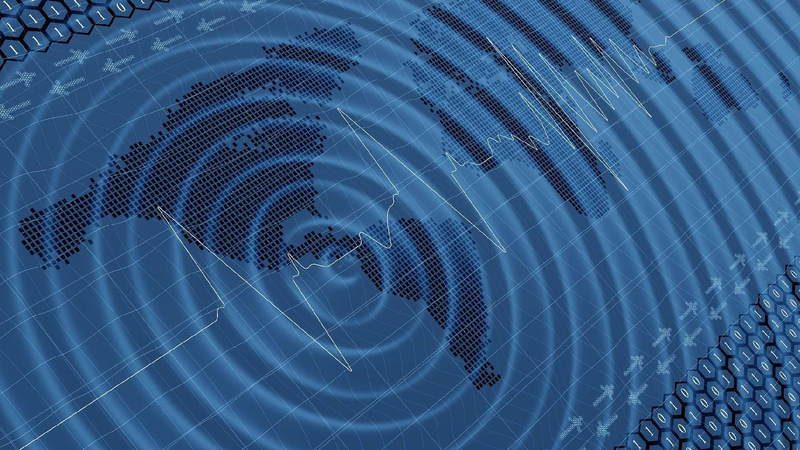Hey everyone! Did you hear about the small earthquake that happened near Japan’s Fukushima coast? 🌏 Let’s find out what happened!
On Monday, a magnitude 4.7 earthquake shook the area off the coast of Fukushima, Japan. But what does that mean?
What is a Magnitude 4.7 Earthquake?
Earthquakes are the shaking of the ground caused by movements deep under the Earth’s surface. Scientists use a scale called magnitude to measure how strong an earthquake is. A magnitude 4.7 earthquake is considered light. It might make windows rattle and hanging objects swing, but usually doesn’t cause major damage.
Where Did It Happen?
The earthquake occurred off the coast of Fukushima prefecture, which is a region in Japan. It was about 10 kilometers deep under the ocean floor.
Is Everyone Okay?
Yes! So far, there have been no reports of any injuries or serious damage. Earthquakes are quite common in Japan, and people there are well-prepared.
Why Do Earthquakes Happen?
The Earth’s surface is made up of huge pieces called tectonic plates. Sometimes, these plates move and rub against each other, causing the ground to shake—that’s an earthquake!
Stay Curious!
Earthquakes can be scary, but they also teach us a lot about our amazing planet. Keep learning about how the Earth works! 🌍
Reference(s):
cgtn.com




